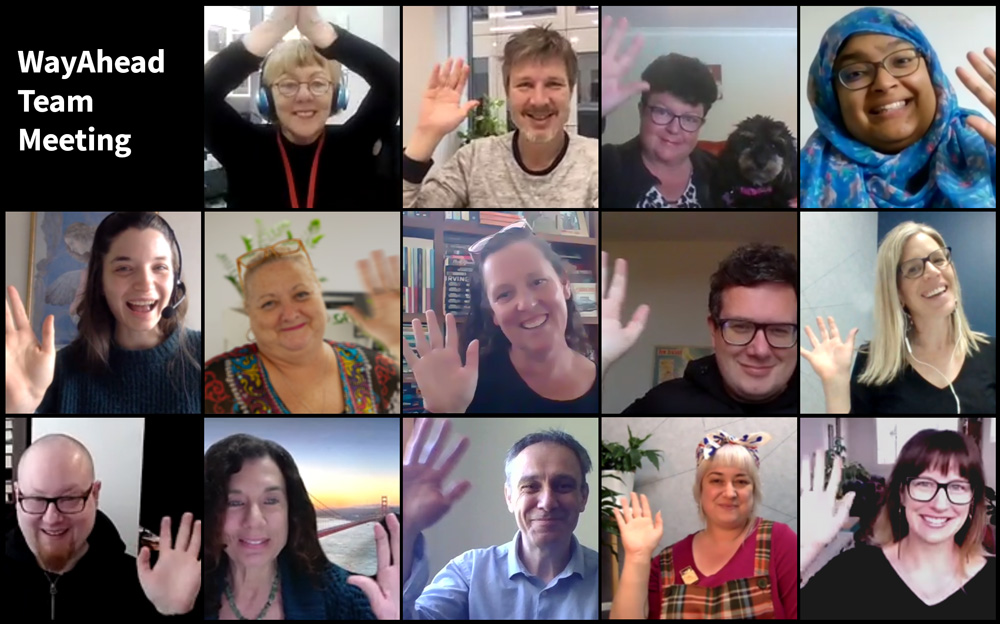Being diagnosed with a mental disorder or mental illness can be a frightening and confusing experience for any person. It can also be difficult for the person’s family, relatives and friends.
How does mental illness affect a person?
Learning how mental illness is affecting someone close to you, and understanding what they are going through, is perhaps one of the most important aspects of a carer’s role. Very often, the behaviour of someone living with mental Illness is misunderstood. A common misconception is that “people with mental illness are lazy and weak. If they tried hard enough they could snap out of it!”
Although each person’s experience of their mental illness is individual, they are likely to face a number of difficulties including:
- Fear about the onset of another episode
- Confusion or anger about the illogical or irrational nature of their inner world
- Anger or bitterness about the impact mental illness has on their life
- Feeling judged or criticised by others
- Isolation in response to both the real or perceived rejection from friends, relatives and work colleagues
- Feeling abandoned by family, friends or professionals.
These can all lead to a sense of despair, loss of interest or lack of energy and motivation.
As a carer, learning to understand the impact mental illness can have on your loved one is very important.
Finding people who can answer your questions and talk through any difficulties you have is vital. It may be helpful to discuss things with the treating team, for example; the case manager or psychiatrist working with your loved one.
Due to confidentiality laws, there may be some matters which cannot be discussed in respect to specific details about the person’s treatment.
Carers need to understand that the person living with a mental health disorder, or a mental health illness, has the right to know about, and participate in their care.
Furthermore, a person who cannot make choices related to their mental health alone is entitled to learn of their rights and be supported as they make decisions.
⬇️ Download this information as a fact sheet
Useful websites
Disclaimer
This information is for educational purposes. As neither brochures nor websites can diagnose people it is always important to obtain professional advice and/or help when needed.
This information may be reproduced with an acknowledgement to WayAhead – Mental Health Association.
The Association encourages feedback and welcomes comments about the information provided.




